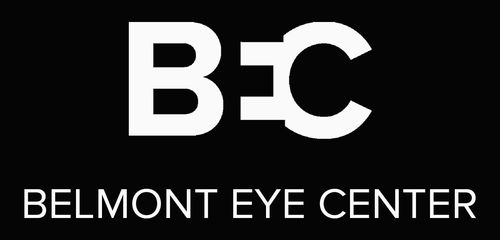Corneal crosslinking is an exciting advance in the area of keratoconus treatment. Last year, the FDA approved Avedro’s KXL system, the first corneal crosslinking system for the treatment of progressive keratoconus. This is a major step forward for people facing debilitating vision loss from keratoconus.
Although corneal crosslinking has been extensively tested since it was originally introduced in this country, there are some things prospective candidates should consider now that the treatment has received regulatory approval. Namely, it is not a cure-all for every case of keratoconus.
Here, Dr. Sandra Belmont, who treats keratoconus disorder in New York City, shares her thoughts on the procedure and who can best benefit from it.
CAN STOP THE PROGRESSION OF KERATOCONUS IN CERTAIN CANDIDATES
Corneal crosslinking can stop the progression of keratoconus in some cases, but not all. It is approved specifically for progressive keratoconus, which describes cases where the cornea has not become too irregular in shape and keratoconus has not caused significant loss of vision. Patients with progressive keratoconus have the best chances of responding favorably to corneal crosslinking, whereas patients with advanced cases of keratoconus probably won’t see the same results.
Both FDA clinical trials and other trials have shown that corneal crosslinking can stabilize the shape of the cornea or even improve it to stop vison loss. The combination of riboflavin drops and ultraviolet light strengthens the anchors that bond the collagen fibers of the cornea together; this eliminates ectasia, or the outward bulging of the cornea. As a response to treatment, the cornea’s topography improves and it flattens out for clearer vision.
Experts believe that corneal crosslinking may markedly reduce the need for corneal transplant surgery. The treatment should also make it easier for patients to wear contact lenses.
That leads Dr. Belmont to her next point: patients may still need to wear glasses or contact lenses after treatment. Corneal crosslinking has not been shown to completely eliminate the need for visual aids after treatment. This is something important to think about if you are considering corneal crosslinking treatment.
SCHEDULE A CORNEAL CROSSLINKING CONSULTATION
To learn more about corneal crosslinking for the treatment of keratoconus, please schedule a consultation with Dr. Sandra Belmont of Belmont Eye Center. Call or email us today.
